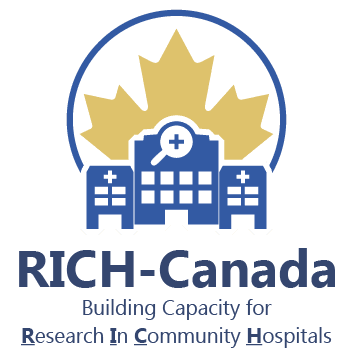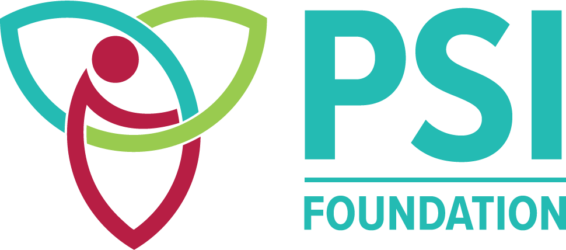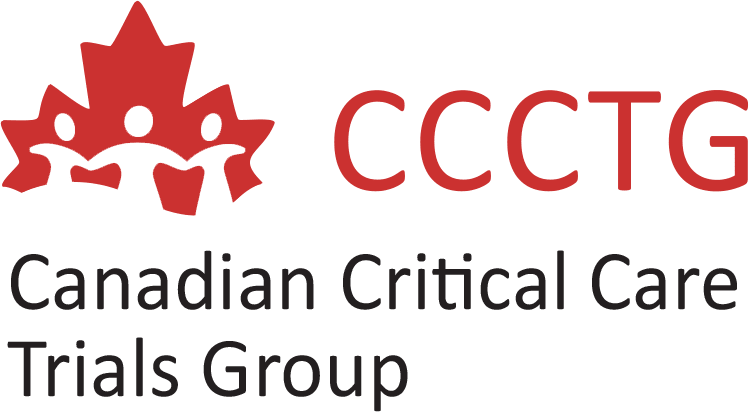RICH-Canada Program
Share This Page
Share This Page

The research activities of Canadian community hospitals: A bibliometric analysis
Increasing research capacity in Canadian community hospitals: an intrinsic descriptive case study
Embedding a culture of research in Canadian community hospitals: a qualitative study
Developing a toolkit for building a community hospital clinical research program
Community versus academic hospital community-acquired pneumonia patients: a nested cohort study
The research activities of Ontario's large community hospitals: an updated scoping review
How can we increase participation in pandemic research in Canada?
Participation of more community hospitals in randomized trials of treatments for COVID-19 is needed
Fostering community hospital research
It's Time to Increase Community Hospital-Based Health Research
The RICH-Canada program is led by Dr. Jennifer Tsang in collaboration with Dr. Alexandra Binnie at William Osler Health System in Brampton, Ont. Launched in 2019, the program is focused on increasing the role of Canadian community hospitals through research, advocacy, mentorship and knowledge translation initiatives.
Ninety per cent of hospitals in Canada are community hospitals. Although most Canadians access their care in community hospitals, many of these facilities lack the resources required to participate in health research. Evidence suggests that hospitals participating in research benefit from improved patient outcomes and experiences, enhanced staff satisfaction and improved overall quality of health care delivery. Recognizing these potential benefits, the RICH-Canada program aims to understand how to strengthen community hospital research capacity. Below is an overview of the foundational work led by the RICH-Canada team:
Click image to enlarge


The Canadian Community ICU Research Network was co-founded by Dr. Jennifer Tsang and Dr. Alexandra Binnie (William Osler Health Systems) in 2019 with a mandate to foster a culture of clinical research in community hospitals across Canada. CCIRNet, as a community of practice, aims to break down barriers that have traditionally existed between academic and community hospitals at the level of research to improve patient care through research. It now has members representing close to 50 community hospitals across Canada.
CCIRNet Symposium – since 2023, Dr. Tsang and Dr. Binnie have hosted annual CCIRNet Symposium as a knowledge transfer and exchange event to share the latest research findings on research capacity building in community hospitals.
In 2023, Dr. Tsang and the CCIRNet team developed a toolkit to help community hospital clinicians and researchers who are looking to start or maintain a community hospital research program. It is a compilation of our experiences as community hospital researchers.

On March 26, 2025, with a Canadian Institutes of Health Research Planning and Dissemination Grant and with in-kind support by NHKI and Niagara College, we held a national meeting at Niagara College with 51 attendees representing 50 organizations across eight provinces to co-develop hospital research infrastructure and productivity tracking criteria.
